The modern workplace has eliminated the fences of the past between the office and adventure, breaking open possibilities that did not exist in generations past. Modern technology makes it now possible for professionals to respond to email messages in cafés in Bali or take client calls while enjoying European coastline sunsets.
But beyond a laptop and good Wi-Fi comes more than is required to effectively integrate travel with work responsibilities – strategic planning, self-disciplined habits, and realistic assessment of what truly works in practice. Below is a list of 20 such useful tips for maintaining professional standards and satisfying wanderlust.
Establish Non-Negotiable Work Hours

Setting specific times when you’re completely unavailable for travel activities protects both your productivity and your enjoyment of new places. Choose hours that align with your home office schedule and communicate them clearly to travel companions.
This boundary prevents work anxiety from creeping into sightseeing while ensuring colleagues can depend on your availability during critical business hours.
Research Internet Infrastructure Before Booking
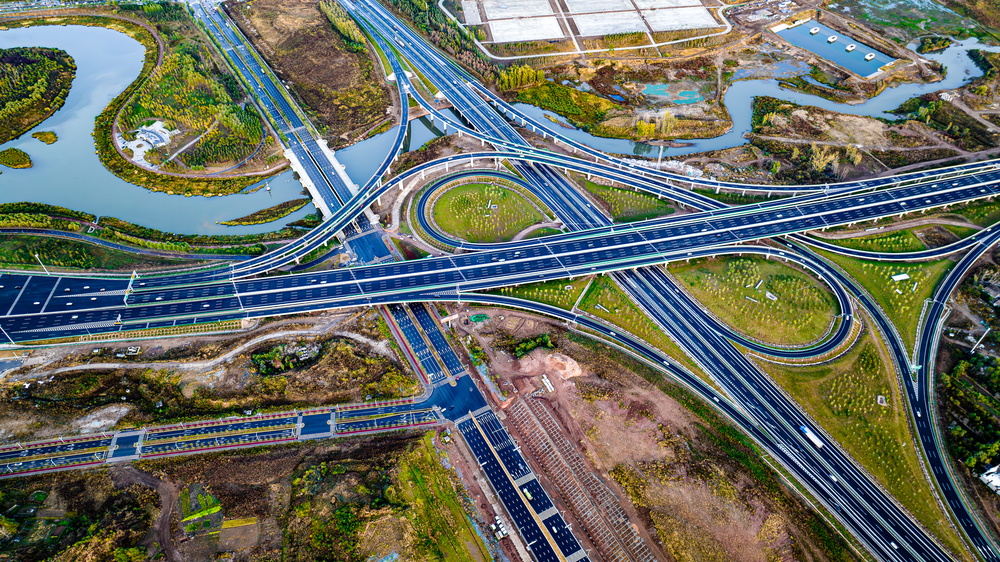
Beautiful mountain cabins and secluded beach resorts often offer the worst connectivity exactly when you need reliable video calls or file uploads. Check internet speeds, backup options, and mobile data coverage for any destination before committing to extended stays.
Many digital nomads maintain lists of tested coworking spaces and cafés with dependable Wi-Fi in their favorite cities.
Like Travel Pug’s content? Follow us on MSN.
Create Portable Office Setups

Invest in lightweight equipment that transforms any space into a functional workspace without requiring permanent installation. A compact laptop stand, wireless mouse, and noise-canceling headphones can make hotel desks or café tables feel professional.
Consider portable monitor options for tasks requiring multiple screens, but balance functionality against the weight you’re willing to carry.
Master Time Zone Mathematics

Nothing damages professional relationships faster than missing important meetings because you miscalculated time differences. Use smartphone apps that display multiple time zones simultaneously, and always confirm meeting times in both locations when scheduling.
Build buffer time around travel days when crossing multiple zones to avoid scheduling conflicts during adjustment periods.
Develop Location-Independent Income Streams

Freelance projects, consulting relationships, and passive income sources provide more scheduling flexibility than traditional employment while maintaining financial stability. These arrangements often allow negotiating work periods around travel plans rather than fitting trips into limited vacation days.
Building multiple income sources also provides security if one client relationship ends unexpectedly while you’re abroad.
Like Travel Pug’s content? Follow us on MSN.
Pack Technology Redundancy
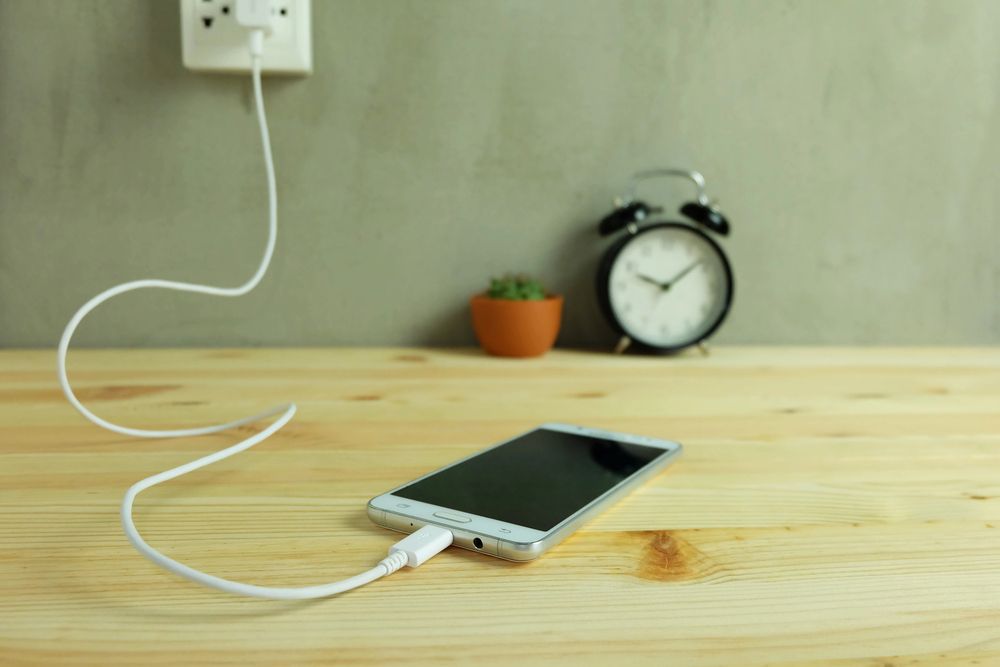
Bringing backup chargers, cables, and even secondary devices prevents single points of failure that could derail important work commitments. International power adapters, portable battery packs, and mobile hotspot devices ensure connectivity regardless of local infrastructure limitations.
Store important files in multiple cloud services and carry USB drives with essential documents for offline access.
Schedule Regular Check-ins with Home-Based

Consistent communication with colleagues, clients, or supervisors helps maintain professional relationships despite physical distance, preventing misunderstandings about availability or project status. Weekly video calls often prove more effective than daily text updates for maintaining personal connections.
Use these conversations to address concerns before they become problems and to demonstrate ongoing commitment to shared goals.
Choose Accommodations with Work-Friendly Features

Prioritize properties offering dedicated desk space, reliable internet, and quiet environments over purely recreational amenities when work demands a significant amount of time. Many hotels now cater specifically to business travelers with enhanced Wi-Fi, 24-hour business centers, and ergonomic furniture.
Vacation rental platforms allow filtering for properties with office space or reliable connectivity ratings.
Like Travel Pug’s content? Follow us on MSN.
Build Flexibility into Travel Itineraries
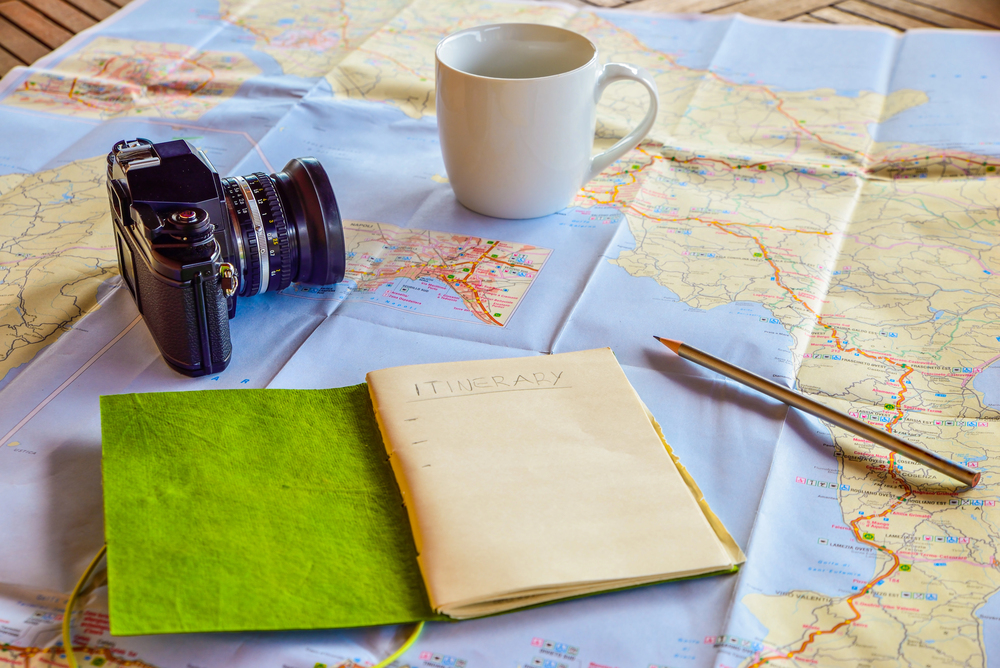
Avoid overpacking schedules with tourist activities that conflict with work responsibilities or prevent adaptation when business priorities shift unexpectedly. Leave unscheduled time for exploring while maintaining availability for urgent projects or opportunities.
Flexible booking policies for flights and accommodations may cost more upfront, but they provide valuable options when work demands change travel plans.
Establish Communication Protocols

Inform colleagues about response time expectations, preferred contact methods, and emergency procedures when working from different locations or time zones. Set up auto-reply messages explaining your location and availability while providing alternative contacts for urgent matters.
Clear communication prevents assumptions about accessibility and helps manage expectations regarding response timing.
Maintain Professional Appearance Standards

Keep appropriate clothing and grooming supplies accessible for unexpected video calls or meeting opportunities that arise during travel. Many destinations offer limited shopping options for professional attire, making advance preparation essential.
Consider wrinkle-resistant fabrics and versatile pieces that work well for both business meetings and casual outings.
Like Travel Pug’s content? Follow us on MSN.
Separate Work and Travel Expenses

Detailed expense tracking becomes crucial when mixing business activities with personal travel, especially for tax purposes or employer reimbursements. Use separate credit cards or accounting categories to distinguish work-related costs from vacation spending.
Document the business purpose of mixed-use expenses like accommodations or transportation that serve both professional and personal needs.
Leverage Local Business Opportunities

Research networking events, coworking spaces, and professional meetups in destination cities to expand business connections while traveling. Many cities offer entrepreneur communities that welcome temporary members interested in local business cultures and opportunities.
These connections often provide insider knowledge about the destination while creating potential opportunities for future collaboration.
Plan for Productivity Challenges
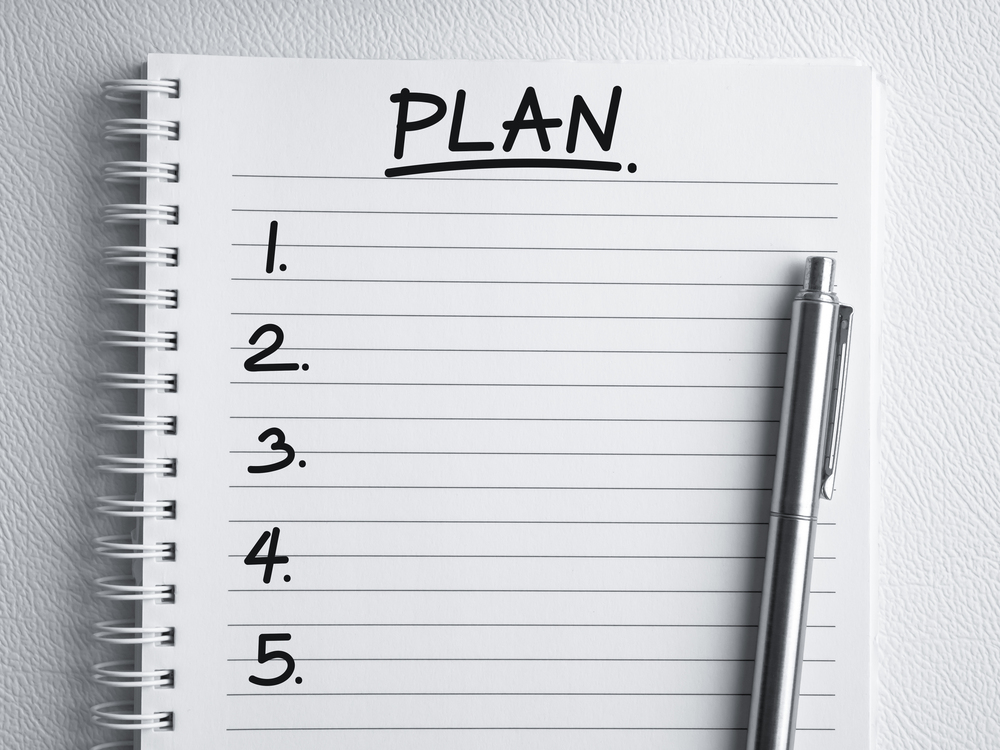
Identify your personal obstacles to maintaining focus while traveling and develop specific strategies for overcoming them before departure. Some people struggle with noise distractions, while others find unfamiliar environments too stimulating for concentration.
Prepare solutions such as noise-canceling equipment, familiar music playlists, or meditation apps that help recreate a productive mindset anywhere.
Like Travel Pug’s content? Follow us on MSN.
Use Travel Time Productively
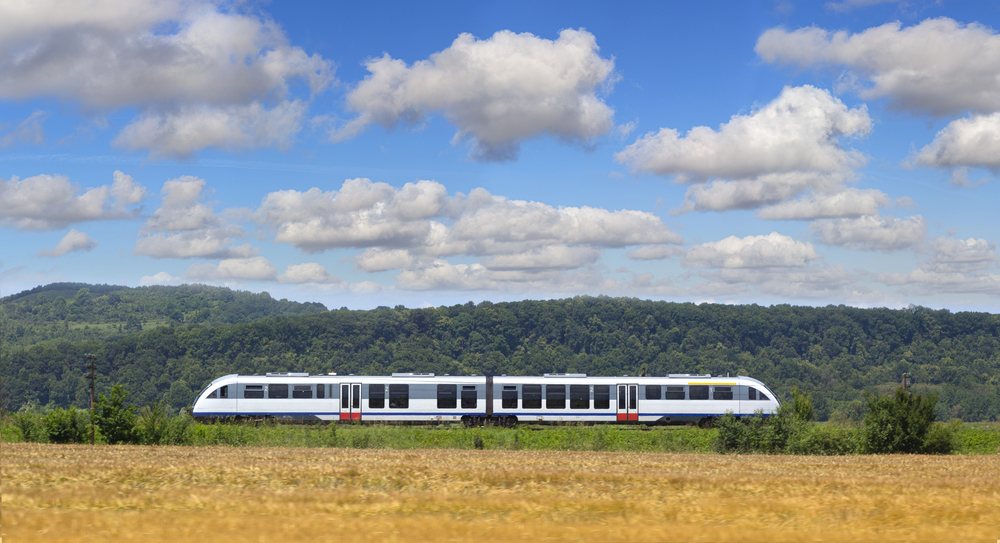
Long flights, train rides, and airport layovers offer uninterrupted time for tasks that require deep focus, free from meeting interruptions and office distractions. Download offline content for editing, writing, or planning projects that don’t need internet connectivity.
Many travelers find transit time ideal for strategic thinking or creative work that’s difficult to prioritize during normal office routines.
Respect Local Business Customs
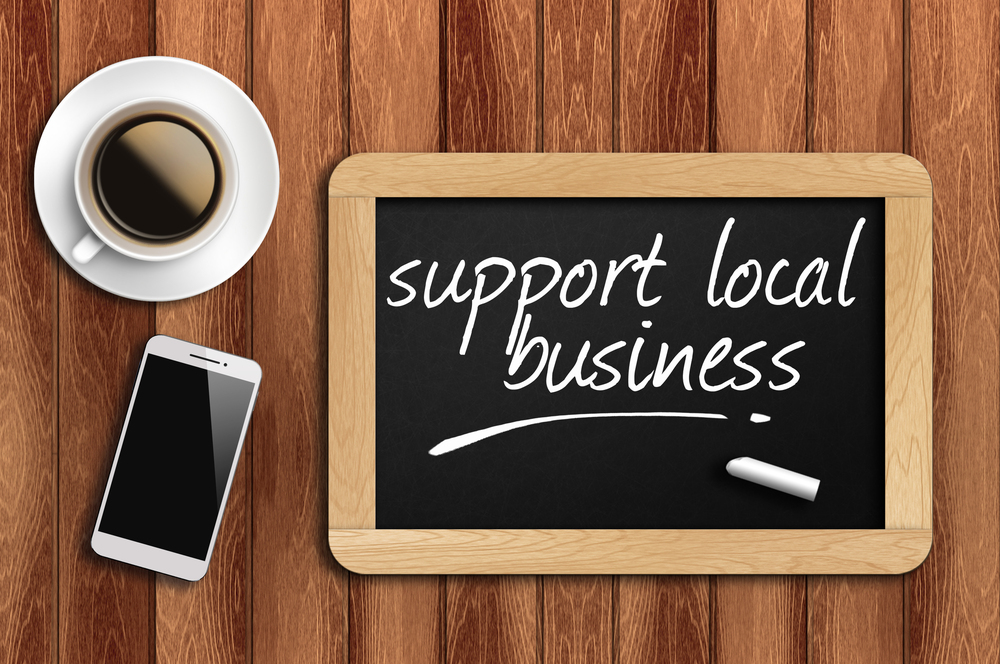
Understanding cultural expectations regarding work hours, communication styles, and professional etiquette helps prevent awkward situations when conducting business in foreign locations. Research appropriate greeting styles, gift-giving customs, and meeting protocols for destinations where you might encounter professional opportunities.
This knowledge demonstrates respect while avoiding unintentional offense that could damage business relationships.
Maintain Work-Life Boundaries

Establish clear signals that distinguish work time from exploration time to prevent either activity from consuming the entire travel experience. This may involve changing clothes, relocating to different areas, or utilizing specific playlists to facilitate mental transitions.
Without intentional boundaries, the excitement of new places can either completely distract from work, or work anxiety can prevent one from enjoying travel opportunities.
Like Travel Pug’s content? Follow us on MSN.
Prepare for Emergency Situations

Develop contingency plans for scenarios such as sudden return requirements, extended stays due to work emergencies, or technology failures that disrupt normal business operations. Keep emergency funds readily available and maintain relationships with travel agents or booking services that can facilitate last-minute changes.
Share these plans with family members and colleagues who might need to assist during crises.
Document Travel for Professional Development

Keep records of skills learned, cultures experienced, and business insights gained during travels that can enhance your professional value or career advancement opportunities. Many employers value a global perspective and adaptability skills that travel experience demonstrates.
Use travel experiences in job interviews, performance reviews, or when pursuing roles requiring international awareness or flexibility.
Build Sustainable Travel Rhythms
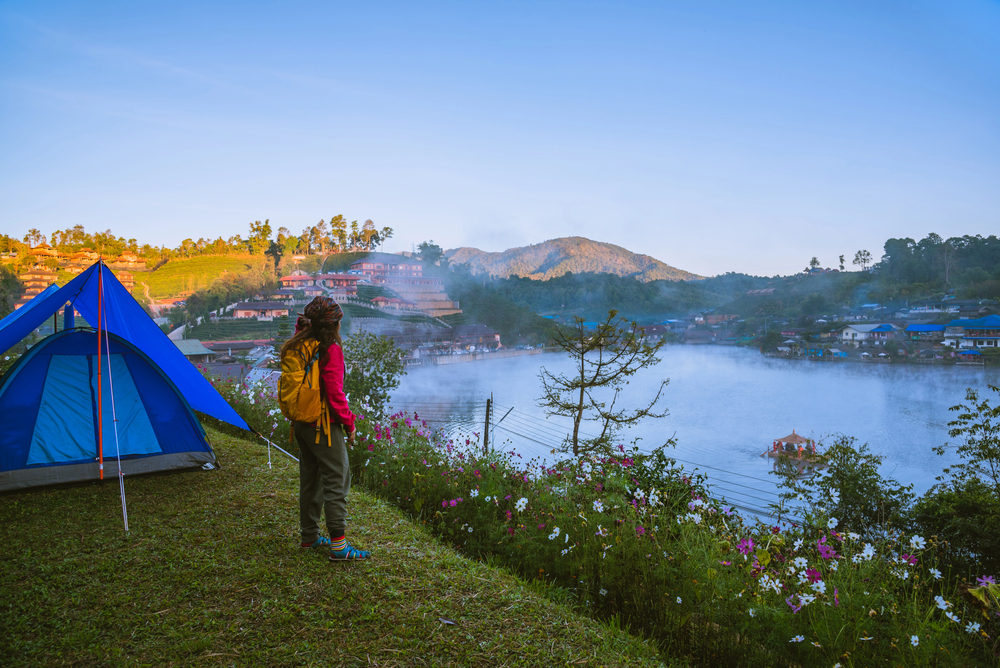
Alternate between intensive travel periods and home-based work time to prevent burnout while maintaining professional relationships that require in-person interaction. Continuous travel often reduces productivity and strains personal relationships despite initial excitement about freedom and adventure.
Sustainable approaches typically involve seasonal travel patterns or alternating months that allow both wanderlust satisfaction and career development.
Like Travel Pug’s content? Follow us on MSN.
Where Passport Meets Productivity
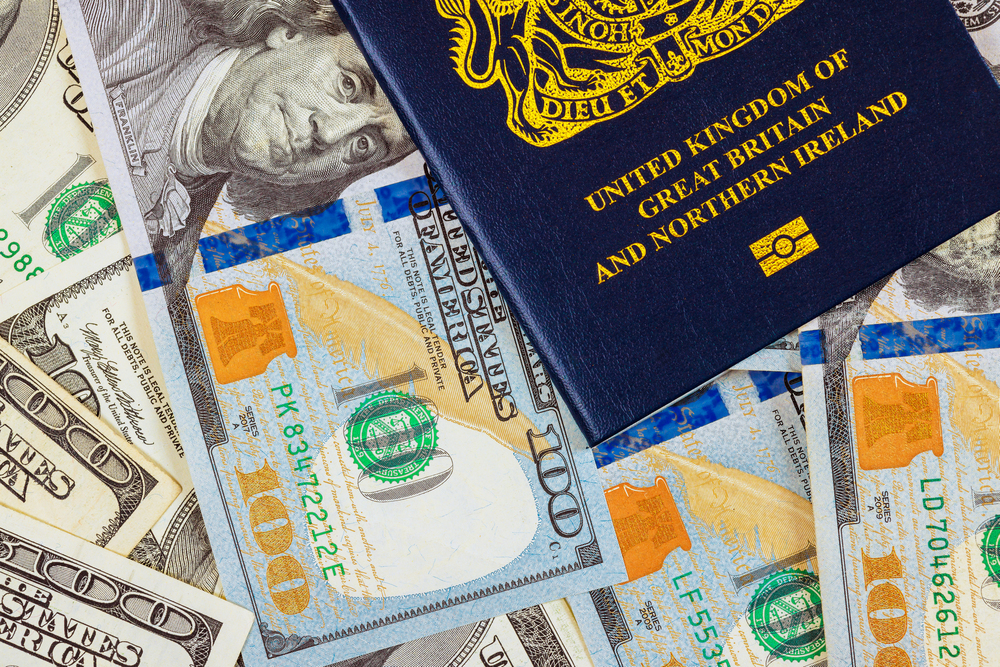
The marriage of work and travel is an elemental shift in how we apply ourselves to career development, self-realization, and the traditional boundaries between work and personal life. Unprecedented location independence has been made possible with technology, but success is preceded by planning and sincere study of what really works in practice versus what reads well as a concept.
Most successful travel-work integrations are achieved through understanding your own work patterns, communication needs, and career goals rather than trying to recreate someone else’s flawless image. These suggestions are best when they support rather than complicate your career trajectory, creating experiences that contribute to both your professional abilities and life satisfaction as a whole.
More from Travel Pug

- 20 Best Beach Towns in the Carolinas
- 13 Destinations Where Tourists Regularly Regret Their Trip
- 20 Things You Actually Get in First Class
- 20 Small Airports With Aviation Museums
- 20 Places in the U.S. That Are Perfect for a Reset Trip
Like Travel Pug’s content? Follow us on MSN.
